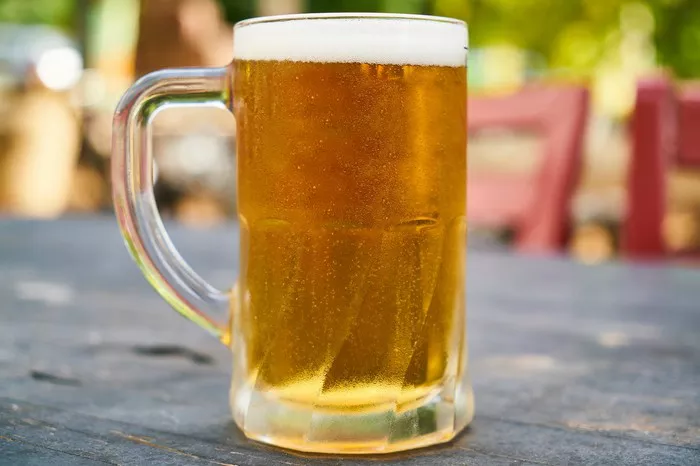Boag’s Brewery, a staple of northern Tasmania, will relocate some of its beer production to mainland Australia due to a shrinking market and rising manufacturing costs.
Lion Australia, the parent company of James Boag’s Brewery, announced that Boag’s beers sold on the mainland would soon be brewed there, while those sold in Tasmania will continue to be produced locally. Lion Australia Managing Director James Brindley described the decision as difficult but necessary.
“It’s a very sad decision and one we felt we couldn’t avoid,” Brindley told ABC Northern Drive. “A lot of the beer produced and packed at Boags is sent back to the mainland. With the ongoing decline of the beer market, the cost challenges that we’re all facing and the fact we bring most of our raw materials to Tasmania and send the finished goods back, it was just a heavy cost burden that we couldn’t carry anymore.”
As a result, the brewery will reduce operations from two shifts to one, resulting in 13 redundancies. These workers will be offered positions at other Lion breweries. “People love this brewery. They love Tasmania, so I can only admire and commend them for their stoicism,” Brindley said. “But clearly, it’s a sad day and people are getting upset and a bit of a sense of loss.”
Lion Australia also owns beer labels Tooheys, Heineken, Hahn, Little Creatures, and Guinness, among others.
Impact on Boag’s Premium
Among the products moving to the mainland is the well-known James Boag’s Premium. Although the brand is deeply tied to its Tasmanian heritage, especially its use of the state’s water, Brindley assured that the beer would continue to be brewed to the highest quality with premium ingredients. He noted that the company no longer advertises the use of Tasmanian water for this product.
Industry Challenges
Lion Australia’s decision follows a challenging period for the beer industry, marked by declining consumption, rising costs, and the impacts of COVID-19. The company previously closed Boag’s Brewery visitor center and received a $1 million state government bailout to continue operations. Despite these measures, continued financial pressures necessitated the production shift.
“It has been a tough time for large and small brewers, with overall beer sales and production volumes in decline due to changing consumer preferences, cost-of-living pressures, and continual increases in federal government excise,” Brindley explained. “We have not been immune from these, as well as other challenges in Tasmania. For example, Lion currently spends more than $1.5 million a year on transporting beer back to the mainland.”
The rising price of beer has been a significant issue across Australia. In 2022, the Brewers Association called for a 50% reduction in the excise rate for draught beer, highlighting that Australia’s beer tax rate is the fourth highest in the OECD. Although this campaign was unsuccessful, the association continues to advocate for tax relief, arguing that high taxes are harming Australia’s pubs and clubs and making beer unaffordable for many.
The relocation of some of Boag’s production to the mainland underscores the broader challenges facing the brewing industry as it adapts to economic pressures and evolving consumer habits.


